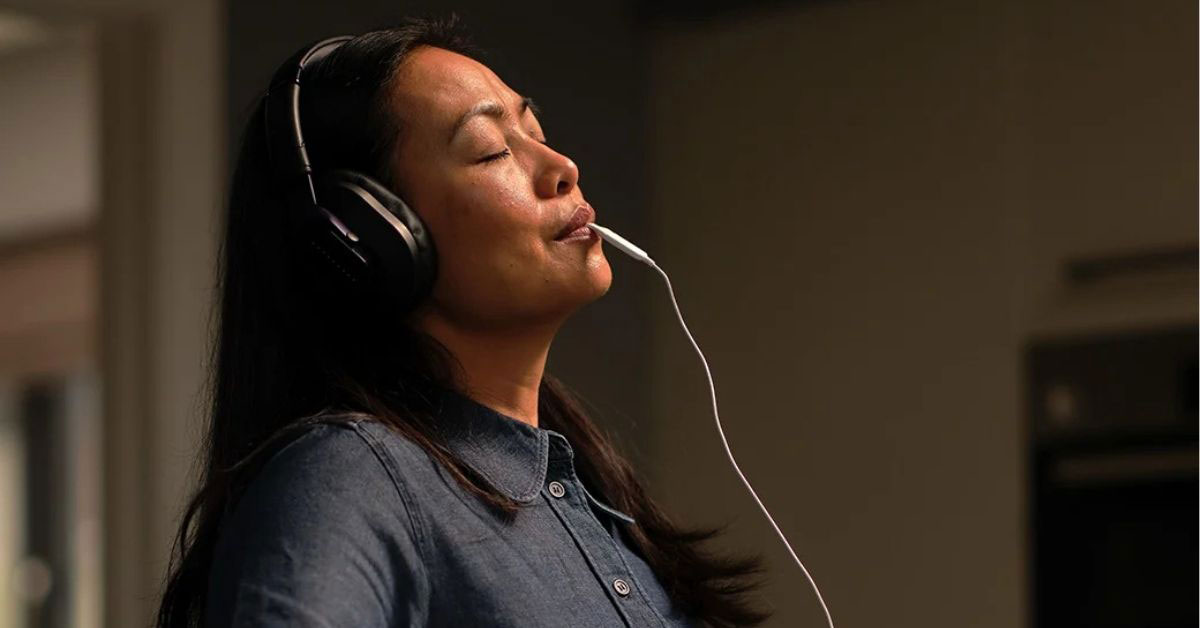Campuses and college towns are hotspots for sexual violence.
According to the Rape Abuse & Incest National Network, college women aged-18-24 are three times more likely to experience sexual assault than women of the general population.
And when odorless, tasteless “date rape drugs,” like rohypnol, ketamine, and gamma-hydroxybutyrate (GHB), are slipped into victim’s drinks, it can make young women even more vulnerable to attack.
It’s an experience that Providence College sophomore Neve Palmeri desperately wants to prevent.
Recently, her cousin’s drink was spiked while she was on vacation in Aruba, and it led to a “terrifying experience.”
“She wasn’t looking at her drink for a second and then the next second she was passed out in the bathroom for hours,” Palmeri told NBC Boston. “When she woke up, she literally had no clue what had happened.”
Alarmed by her cousin’s experience, Palmeri — a marketing and management double major — decided to step up and do something.
Her “lightbulb moment” became SmartSip: a reusable straw that changes color when it detects the presence of date rape drugs.

“If a drug is placed in your drink, the straw will change a different color,” Palmeri said. “So it’ll be fluorescent, and then if there's a drug dropped in your drink, it’ll turn clear. ”
In November, Palmeri won the Donald Ryan Incubator Elevator Pitch Challenge at her college, which fast-tracked her access to resources and networks in the local business community.
Emboldened by newfound support, Palmeri went on to present SmartSip at the 2025 BIG EAST Startup Challenge. She beat out ten other college entrepreneurs and won $1,500 to further develop her design.
Palmeri said the next steps include testing the “feasibility” of their chemistry and finding the right manufacturer.

“Our plan is to facilitate these straws directly to colleges,” Palmeri said in a video for the Hun School of Princeton. “Even selling them to bars, and also having schools directly distribute these straws as a safety measure for students, is also a big goal.”
“I wanted to make something for college students,” Palmeri added, “because I’m a college student and I know this is a real threat out there.”
So far, Palmeri said, the response has been “amazing.”
“People are like, ‘yeah, we need this,’” she told NBC Boston. “They’re aware of the danger out there. They’re just not aware of a solution that can seamlessly integrate within social settings for them.”
Header image via Markus Spiske / Pexels



